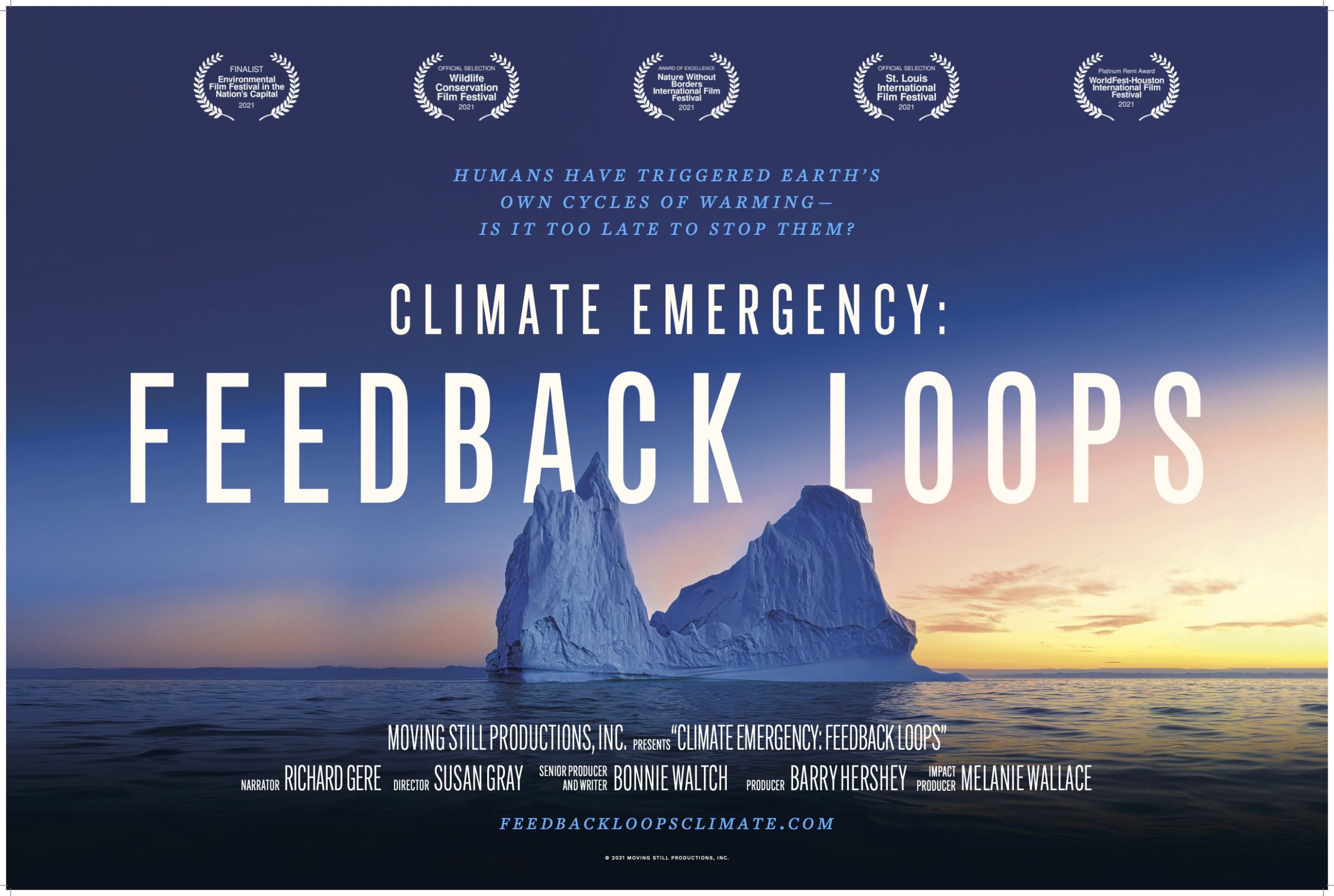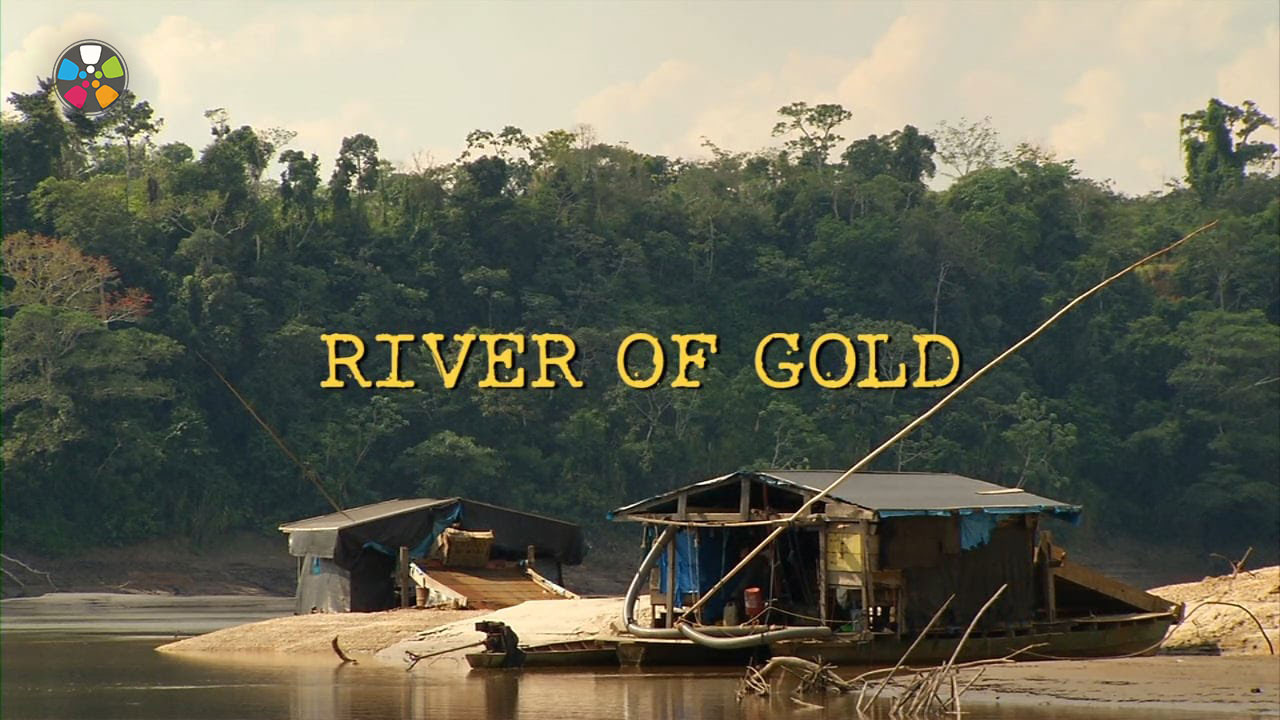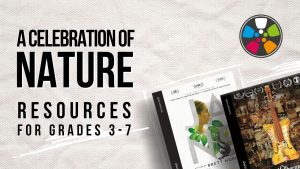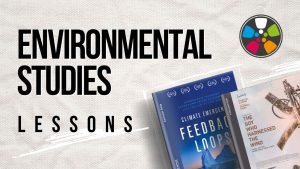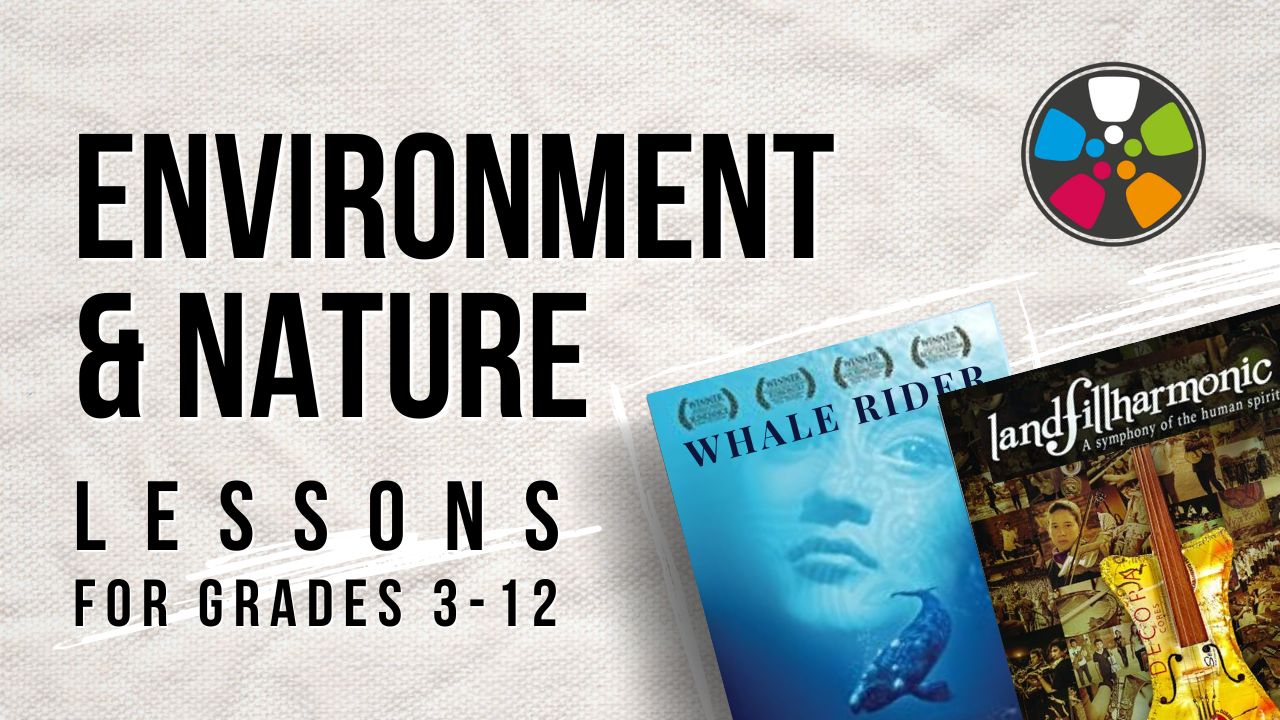Learning about forests for Earth Day and everyday is vital for students. Earth Day corresponds closely with Arbor Day, another opportunity to teach about forests. Additionally, forests are essential parts of our ecosystem. Thus, we encourage you to integrate this learning into your classroom anytime of the year. But, the April holidays of Earth Day and Arbor Day bring attention to trees and ecosystems. As such, these holidays can catapult student learning.
We’re excited to share one of our newest Journeys in Film lesson plans. It is the Forests lesson from our curriculum guide for Climate Emergency: Feedback Loops. This lesson plan corresponds with the short film of the same name, Forests, produced as part of the Climate Emergency: Feedback Loop series.
Learning About Forests Through Film
Climate Emergency: Feedback Loops is a series of five short films. These films are perfect for the classroom, running 9 to 15 minutes. Furthermore, all five films are available to stream for free.
We recommend pairing Forests, the short film and the lesson, with the feature documentary film River of Gold.
River of Gold chronicles the clandestine journey of two war journalists and their guide into Peru’s Amazon rainforest. The film makes clear the consequences of this devastation on a global scale. Since the Forests short film from the Feedback Loop series focuses on tropical forests and, specifically, the Amazon rainforest, screening it as an introduction to River of Gold and using the two films in tandem can enhance student learning. Our eleven-lesson curriculum guide for River of Gold includes a lesson on rainforest ecology, perfect for learning about forests. The curriculum guide is available in English, Spanish and Portuguese.
The Power and Importance of Learning About Forests
“All forests provide critical feedback for limiting global warming. By removing atmospheric carbon dioxide, they reduce its atmospheric increase. This reduces further warming,” shares Dr. Bill Moomaw, Professor Emeritus at Tufts University and distinguished visiting scientist at Woodwell Climate Research Center. “The Amazon forest plays an outsized role in controlling global temperatures including in the Arctic. As strange as it seems, restoring the degraded tropical Amazon forest will help keep more sunlight reflecting ice in the Arctic. This can prevent additional release of methane from thawing permafrost. This set of feedback loops will help to cool the planet.”
Dr. Moomaw was a panelist in our Share My Lesson webinar, Climate Emergencies: Using Feedback Loop Films to Inspire and Educate. The webinar highlights our curriculum guide for the Climate Emergency film series. The webinar features scientific insight from Dr. Moomaw and Lara Tukarski. Tukarski is the South Sound FieldSTEM Coordinator for the Pacific Education Institute.
You May Also Like . . .
Written by Jennifer Fischer

